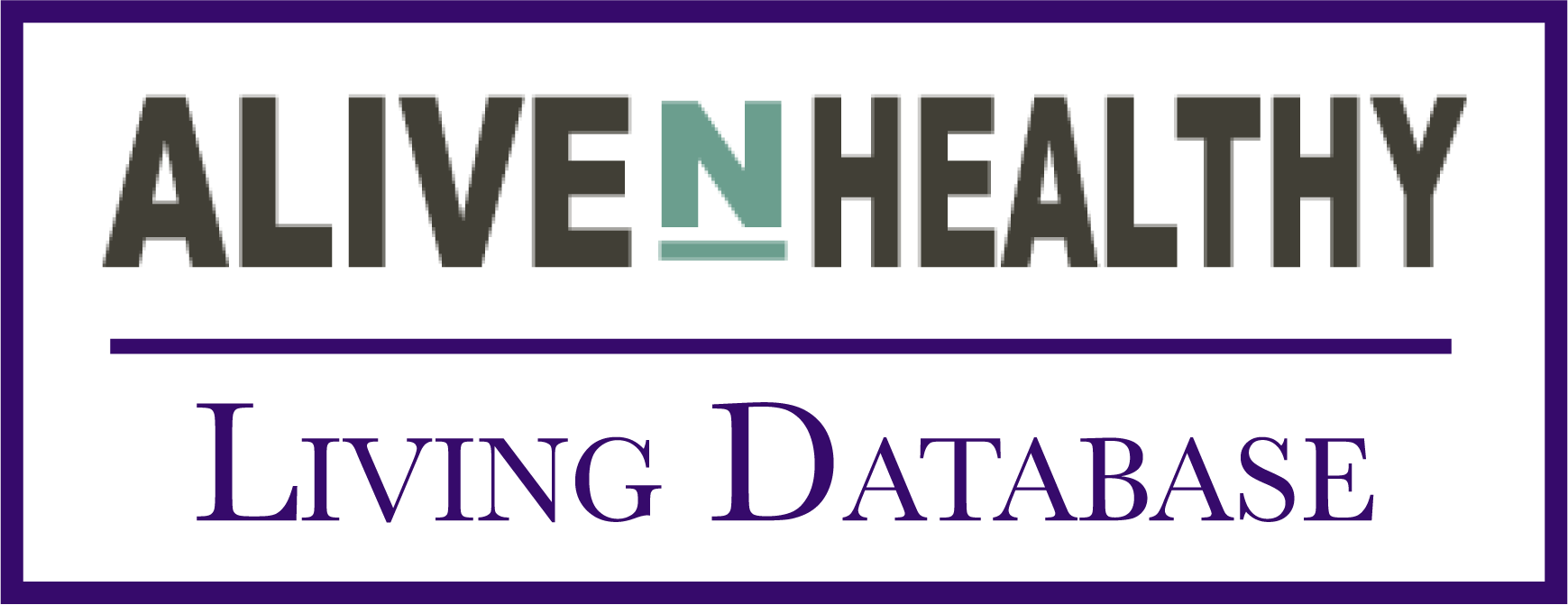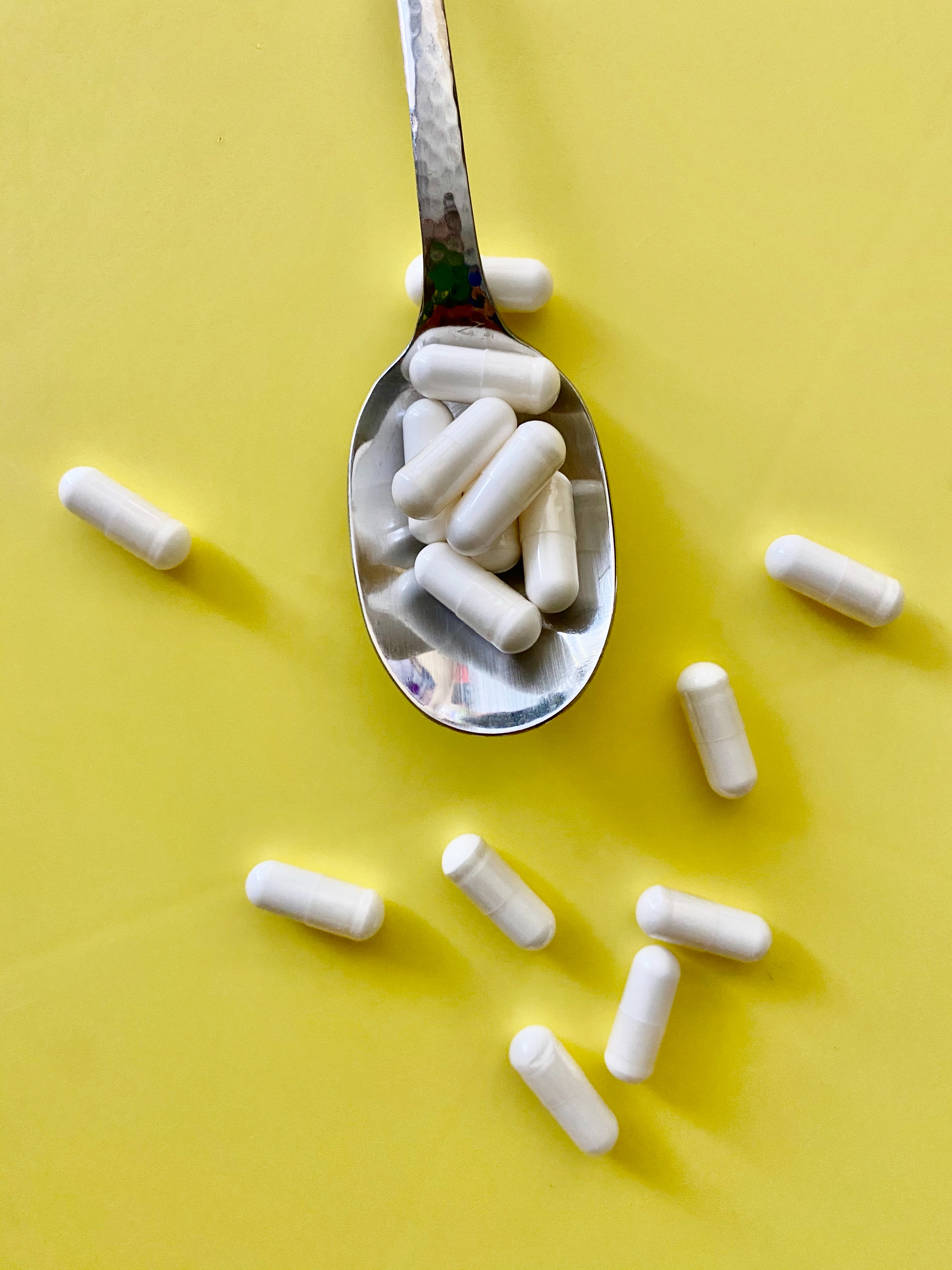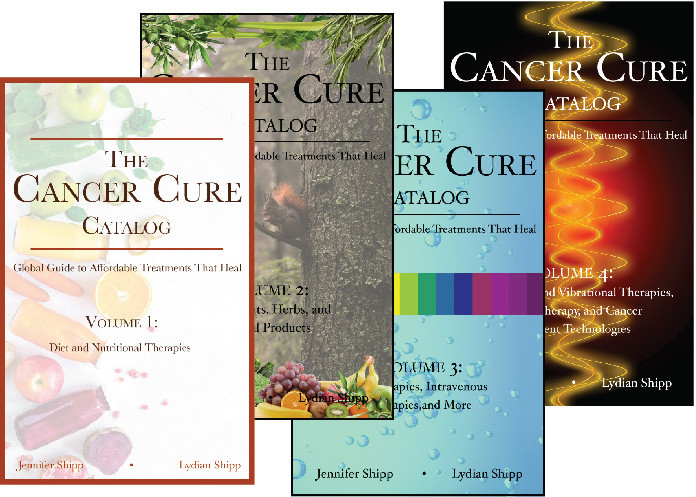Can selenium supplements cure cancer?
Selenium deficiency has been noted as a causative agent behind the development of cancer according to a number of studies. Adequate selenium levels have an inhibitory effect on cancer growth in part because selenium has the capacity to remove heavy metals from the body. It should be taken in tandem with vitamin E, as well as with Lugol's iodine solution in order to correct iodine deficiency (which is another major cause of reproductive organ cancers in particular). Selenium and iodine work closely together, and any patient who is considering either one of these nutritional supplements should seriously consider using them together since both have powerful effects in terms of treating cancer and other major diseases.Read more about Lugol’s iodine therapy for cancer in this article.
Click here to learn about selenium deficiency in regard to autoimmune disease (especially autoimmune thyroid problems). In this article, we discuss how selenium deficiency affects the development of cystic fibrosis, gallbladder polyps, and gallbladder cancer.
Detailed Introduction
Selenium has been extensively researched in terms of its effects on cancer. Studies have shown time and again that adequate selenium levels inhibit cancer growth, and that deficiency in this important trace mineral can lead to the development and progression of cancer. Beyond a cancer diagnosis, some other common signs and symptoms of selenium deficiency include:- Cardiomyopathy (Keshan's disease – this disease occurs when individuals are exposed to the coxsackie virus when they are selenium deficient)
- Increased risk of mortality
- Poor immune function
- Cystic fibrosis
- Muscle weakness
- Seizures
- Heavy metal poisoning
- Mental health problems
- Cognitive decline
- Adverse mood states
- Depression/anxiety
- Confusion
- Altered mental states
- Hostility/Irritability
- Brain fog
- Gallbladder disease
- Thyroid dysfunction
- Hormone imbalances (including infertility and reproductive organ issues in both men and women)
- Severe fatigue
- Coma
- Lethargy
- Headaches
- Autoimmune disease
- Hair loss
- Weak, brittle nails
- Alzheimer’s disease
- Inflammation
- Kidney disease
- Asthma
- Liver cirrhosis
- And more…
Selenium is a chelator, meaning that it helps remove heavy metals from the body. Specifically, selenium binds to heavy metals like mercury and cadmium, at which point they can then be safely removed from the body. As such, selenium can help the body cope with and heal from heavy metal exposure, but unfortunately, when the heavy metals are excreted from the body, selenium is excreted along with them. Mercury and selenium bind in a 1:1 relationship. This means that, for patients with high levels of heavy metals in the body, it may be hard to deliver selenium to the parts of the body that need it most, and supplementation with selenium may be absolutely essential in order to ensure that the body gets enough of this nutrient to both chelate heavy metals as well as to use the selenium as a nutrient for other purposes. Heavy metal poisoning, which can result from a variety of causes, including from the gassing off of mercury amalgam dental fillings, can lead to a selenium deficiency, which may then contribute to the development of cancer.
Heavy metal chelation is an important part of treatment for many people with cancer, and while selenium supplements can and do support chelation, it can be helpful to include other chelating treatments in order to free up your body’s selenium resources to be used for other healing purposes. Read more about how to detoxify heavy metals from the body in this article.
When the body has adequate selenium levels and few heavy metals, the selenium can then work to:
- Promote a healthy immune system
- Help with the production of active thyroid hormone
- Ward off viral infections in the body
- Promote reproductive capacity and the production of normal sperm cells
- Scavenge for free-radicals and protects cells
- Inhibit cancer growth
- Support healthy hair and nails
- Support normal thyroid function
- Support the production of glutathione peroxidase (an important enzyme with antioxidant properties)
Selenium is an important component of a number of essential enzymes in the body but it is also an important component of the body’s structure.
The Cancer Cure Catalog, Vol. 1-4, the Complete Set - BUY NOW!
Politics
The most important political debate about selenium over the past 20 years has primarily centered around whether or not the recommended daily allowance of selenium should be increased or kept the same. Despite compelling research showing that adequate levels of selenium can inhibit cancer growth, the lack of a widely acknowledged selenium deficiency disease in conventional medicine groups has been used to argue against the need for an increase in the recommended daily allowance.Over the past 25 years, the average daily selenium intake has been dramatically reduced as a result of lowered food quality. A quarter of a century ago, people consumed an average of 60 micrograms of selenium per day via their diet. Today, the average is 35 micrograms per day of dietary selenium intake. Additionally, people are exposed to more toxicities in the environment, such as heavy metals, which means that the minimum daily intake should be higher to offset and manage exposure to these toxins. Although countries like the US haven’t yet increased the RDI of selenium, other countries have; for example, the United Kingdom recently elevated their recommended selenium intake to 75 micrograms per day to account for the increased toxicities and diminished food quality.
Out of 55 studies that were completed after 1949 on the effects of selenium on cancer development/treatment, 49 of them demonstrated that selenium indeed inhibited cancer. Despite the substantial research supporting the role of selenium in preventing and inhibiting cancer growth, the FDA has decreed that the evidence is limited and inconclusive.
Over the past 20 years, selenium research has been focused on the question of whether recommended daily allowances should be increased with some scientists arguing against and others arguing for increasing the daily allowance. Much of the dialectic regarding the recommended daily allowance of selenium focuses on its demonstrated value in preventing and inhibiting cancer as well as other diseases. Combs (see resources below) argues that if a nutrient such as selenium can reduce the risk of chronic disease, then it should be recommended for inclusion in adequate amounts in the diet, because such a nutrient is therefore vital in maintaining good health. Other researchers have argued that the recommended daily allowance does not need to be amended even though, according to numerous studies, increasing the daily allowance of selenium could help prevent and treat cancer. Researchers arguing against the increased recommended allowance say that because there is no officially recognized deficiency syndrome associated with selenium deficiency, its recommended daily allowance should not be increased.
2023 UPDATE: The minimum daily allowance of a nutrient is determined not according to the amount of this nutrient that a person needs in order for them to be healthy, but rather the minimum amount of the nutrient that a person needs in order to not become clinically deficient in that nutrient. The minimum daily allowance for selenium is currently 55mcg for an adult (a decrease from the earlier allowance of 70mcg). This is the absolute minimum quantity of selenium that a person must consume on a day-to-day basis in order to avoid true selenium deficiency, not the amount that a person needs in order to thrive.
Safety and Effectiveness
Selenium is a trace mineral that should be taken in adequate quantities, ideally in combination with vitamin E and Lugol’s iodine solution. It is not a supplement that should be taken in megadoses, however, because its beneficial value is reduced if the body is inundated with too much selenium. Indeed, patients who take too much selenium can develop selenosis, or selenium toxicity.Dosing information for selenium is provided below.
How Selenium Therapy Is Administered
Selenium may be taken by mouth or delivered by a health professional via blood infusion as sodium selenite.Selenium Administration via Blood Infusion / Intravenous Therapy
When sodium selenite is delivered via infusion, it is given in high doses at 4,000 micrograms selenium on the first day and 1,000 micrograms on days 2 through 9. This is a therapeutic treatment designed to actively treat selenium deficiency; if you suspect that you are especially deficient in this nutrient or know that you’re deficient because of lab tests, this may be a good treatment option if it’s available to you to immediately treat the effects of selenium deficiency..Oral Selenium Administration
There are two forms of oral selenium supplementation available:- Selenomethionine – The body can convert selenomethionine to the more active selenocysteine as needed.
- Selenocysteine
Organic selenium supplements are more bioavailable than inorganic supplements, so try to find an organic supplement (meaning “natural” selenium rather than synthetically produced selenium) whenever possible. Take a daily dose of at least 200mcg per day, and no more than 400mcg daily.
Possible Negative Effects
Both abnormally low and abnormally high levels of selenium can adversely affect health. Again, selenium is not a supplement to take in mega-doses! And, be aware that supplementation with selenium may only confer benefits when the patient’s overall nutrient intake is adequate. Some research suggests that people who already have adequate selenium intake who also take selenium supplements could increase their risk of developing type II diabetes. Very high levels of selenium can also cause selenosis which affects the liver, skin, hair, and nails. Selenosis can also cause neurological damage as well as alopecia.Most people won’t be at risk of taking too much selenium. However, be aware that Brazil nuts contain especially high levels of selenium, and should not be consumed in large quantities on a day-to-day basis. Eat only 4-5 Brazil nuts per day instead of selenium supplements, or only 1 or 2 per day if you’re taking a 200mcg selenium supplement. Avoid Brazil nuts completely if you’re taking higher doses of selenium either via infusion or a 400mcg supplement.
Additional Information
SelenoPrecise Selenium Supplements
SelenoPrecise is a brand recommended by Dr. Marc Sircus as one of the most bio-available selenium supplements on the market. These supplements can be purchased at: https://www.pharmanord.com/us-products/selenoprecise The Alive-N-Healthy Living Databases are designed for the average person so that anyone can have immediate access to curated, scientific research on disease cures. Healers and regular people alike benefit from using the Living Database to find effective and well-documented treatment options for a list of over 1000 different diseases and health problems (and counting!). Click here to visit the Living Database today and sign up!
The Alive-N-Healthy Living Databases are designed for the average person so that anyone can have immediate access to curated, scientific research on disease cures. Healers and regular people alike benefit from using the Living Database to find effective and well-documented treatment options for a list of over 1000 different diseases and health problems (and counting!). Click here to visit the Living Database today and sign up!
[1] Sircus, M. (2014). Treatment Essentials: Practicing Natural Allopathic Medicine: Kindle Edition. IMVA Publications.
[2] Pharma Nord (n.d.). What Is SelenoPrecise? Retrieved May 29, 2018 from https://www.pharmanord.com/us-products/selenoprecise
[3] Willett, W. C. & Stampfer, M. J. (1988). Selenium and Cancer. Retrieved May 29, 2018 from https://www.ncbi.nlm.nih.gov/pmc/articles/PMC1834550/?page=1
[4] Dr. Axe (2018). Selenium Signs of Deficiency and Foods. Retrieved May 29, 2018 from https://draxe.com/selenium-benefits/
[5] Rayman, M. P. (2012). Selenium and Human Health. Retrieved May 29, 2018 from https://www.ncbi.nlm.nih.gov/pubmed/22381456
[6] Rayman, M. P. (2002). The argument for increasing selenium intake. Retrieved May 29, 2018 https://www.ncbi.nlm.nih.gov/pubmed/12133202
[7] Combs, G. F. Jr. (2001). Impact of selenium and cancer-prevention findings on the nutrition-health paradigm. Retrieved May 29, 2018 from https://www.ncbi.nlm.nih.gov/pubmed/11799925
[8] Burk, R. F. (2002). Selenium, an antioxidant nutrient. Retrieved May 29, 2018 from https://www.ncbi.nlm.nih.gov/pubmed/12134713
[9] Alexander, J. (2007). Selenium. Retrieved May 29, 2018 from https://www.ncbi.nlm.nih.gov/pubmed/17913229
[10] Tremblay, S. (2018). Results of Too Much Selenium. Retrieved May 29, 2018 from http://healthyeating.sfgate.com/results-much-selenium-6772.html
[11] Subramanian, S., Namasivayam, B., Rais, V., Ponniah, T. (2012). Paradise Nut Paradox: Alopecia Due to Selenosis from a Nutritional Therapy.Retrieved May 29, 2018 https://www.ncbi.nlm.nih.gov/pmc/articles/PMC3681114/

 Selenium is a vital supplement not just for cancer treatment but also for overall health. Being deficient on selenium can lead to devastating health consequences. On the other hand, taking the proper amount of selenium can lead to significant healing.
Selenium is a vital supplement not just for cancer treatment but also for overall health. Being deficient on selenium can lead to devastating health consequences. On the other hand, taking the proper amount of selenium can lead to significant healing.





















